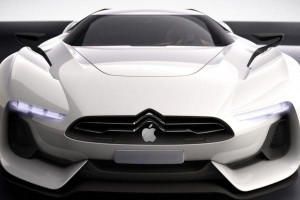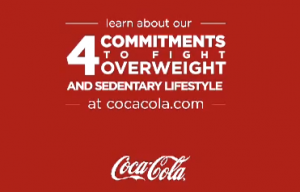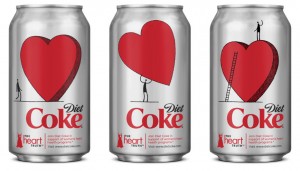Many were shocked by the revelation in recent news that one of the world’s largest automakers, Volkswagen, purposefully cheated both their American and European auto emissions tests. Devices were inserted into the engines of numerous vehicles that could sense at what times they were being checked and simultaneously altered how the engine performed in order to appear more efficient. Coincidentally, what’s worse is that the main marketing strategy of the German car titan was to boast of its exceptionally low emissions. Unfortunately for Volkswagen, the rise in vehicle sales due to the marketing plan will by no means make up for the losses in reparations that are now piling up. On top of several customer lawsuits, and probable fines, Volkswagen will unquestionably have to pay for the cost of 11 million vehicle recalls. Currently, the car company has allowed for 8.7 Billion dollars of capital to be used towards covering the lofty costs of this mishap. Mainly this money will be allocated towards the refitting of vehicles with the not so efficient current software, into cars that will at least pass the present regulations.
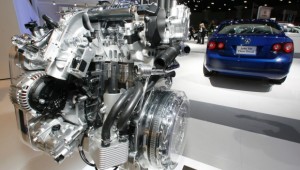
http://www.cbc.ca/news/business/porsche-exec-likely-to-take-the-wheel-at-volkswagen-amid-emissions-scandal-1.3242965
Not only did this bombshell abruptly halt the sale of most Volkswagen vehicles, it also brought a question to the consumers on whether they even want to continue purchasing diesel in general. This could potentially bring a drop in sales for not only Volkswagen, but other diesel sellers as well, such as Mercedes Benz. In a forecast for the future, it seems as though diesel sales will continue to plummet, as a large base of consumers in search of more efficient options. Though the discovery of these faulty emission tests sheds a bad light on Volkswagen, it could also create the final surge for companies to move away from fossil fueled vehicles altogether. A result of this catastrophe, could quite possibly be the start of an electric car revolution.
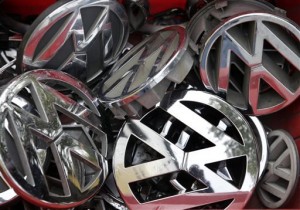
http://www.businessinsider.com/ap-volkswagen-faces-major-legal-trouble-in-emissions-scandal-2015-9
http://www.cbc.ca/news/business/volkswagen-emissions-1.3248230
